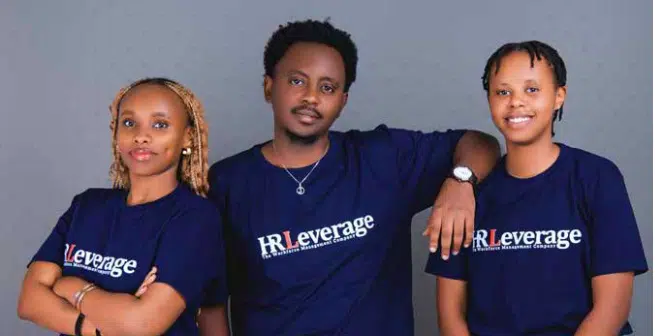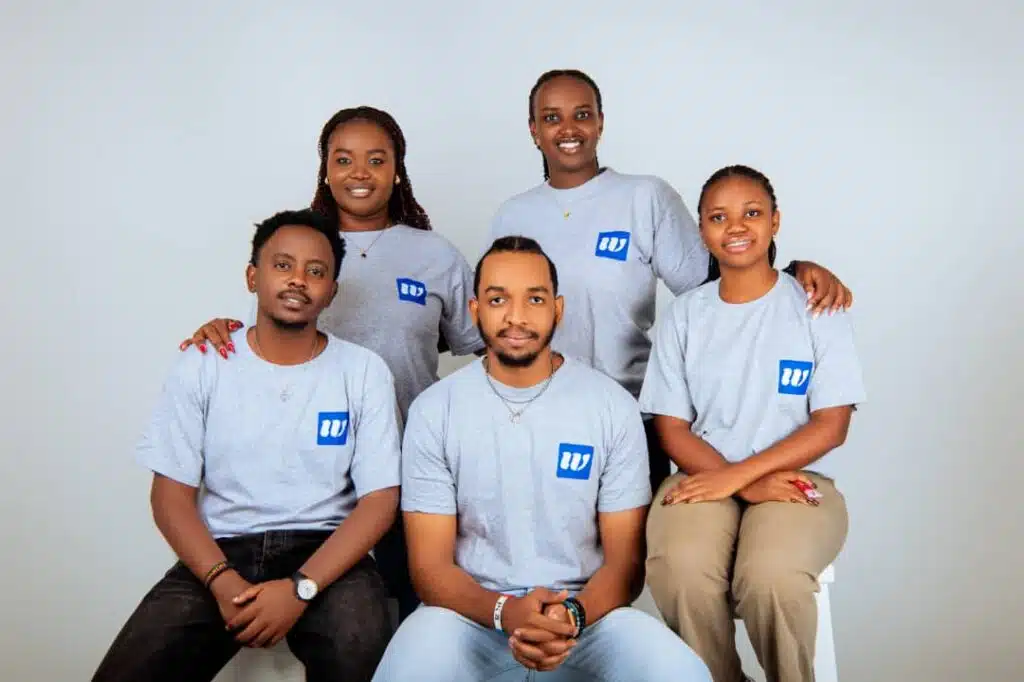There’s a common belief that consultants are brilliant at crafting business plans but lack what it takes to become true entrepreneurs.
Jen Heinz, former Head of Technology at Citi, shared her thoughts on consultants in a LinkedIn post, saying, “Too many consultants bring frameworks instead of solutions.”
Consultants are often seen as the people who tell entrepreneurs what to do, not the ones actually building products or taking risks themselves.
However, Seyi Babatunde is challenging that notion. After years of advising multinationals on how to hire across Africa through his firm, HRLeverage Africa, he stumbled upon a deeper problem: managing payroll across multiple African countries is messy, slow, and expensive.
Rather than recommend another software tool, Babatunde decided to build one. The result is WorkRemit, a payroll management and cross-border payment platform born out of HRLeverage Africa’s daily frustrations, and now evolving into a standalone company.
Helping TikTok and OPay hire in Africa

Human resources have long been Babatunde’s bread and butter. From Mama Cass to The Place, he has helped companies with hiring and deploying talent. He describes himself as an HR consultant.
Interestingly, he is quite the entrepreneur, a trait not typically associated with consultants. Over the years, he has co-founded four startups while juggling full-time roles at different companies.
In 2014, however, he decided to go all in, launching HRLeverage Africa alongside Dan Adegoke and becoming a full-time founder.
“My first client called me during my nine-to-five, and I had to leave work to go to their office,” he recalled. “It all started as a side hustle, but it has grown into a full-blown HR service.”
OPay was one of the clients that accelerated HRLeverage Africa’s growth.
“Our growth came just before COVID,” Babatunde said. “At that time, OPay was gaining ground in Nigeria, and they needed reliable HR support.”
According to him, one big client often leads to others. It’s one of the key lessons he carried from his consulting days.
“After we landed our first multinational company, we started chasing others. What they all wanted to know was, ‘Have you worked with a multinational before?’”
That approach paid off. “Companies like TikTok patronise us to help them expand across Africa, and we’ve been doing that consistently,” he said.
Today, HRLeverage Africa provides pan-African HR services to multinationals — something it has done for the past 11 years. On a call with Techpoint Africa, Babatunde recalled how the company started in a co-working space in Allen, Ikeja, Lagos, but is now incorporated in 13 African countries.
“Because of our name, people assumed we already had a presence across Africa,” he said. “At the time, we were only in Nigeria, but once we got clients who needed us in multiple countries, we built towards that.”
Managing payroll across multiple countries is hard


HRLeverage Africa is not a tech startup in the traditional sense. But after 11 years of helping multinationals hire, manage, and pay employees across Africa, the company discovered a major gap, and decided to build a solution for it.
That solution is WorkRemits, a payroll management and cross-border payment platform.
According to Babatunde, “HRLeverage Africa used bank portals and other broken payment processing methods” for payroll, and it was difficult, especially when paying employees in different countries. When asked why they didn’t use existing payroll systems, he said most available options didn’t work as promised.
“People claim to offer something, but in practice, they don’t. For example, one of the major payroll providers in Nigeria once asked us to help them hire in three countries. If they were efficient enough, they wouldn’t have needed us to do that.”
Interestingly, PaidHR, a payroll startup that raised $1.5 million in June 2025, recently announced that employees can now receive salaries in 49 currencies. CEO Seye Bandele said the feature was part of its goal to “build HR management with an African context.”
Similarly, SeamlessHR, another HR and payroll software company, also enables multi-currency payslips.
Yet, Babatunde believes WorkRemits still has an edge. That edge lies in HRLeverage Africa’s 11-year track record and its incorporation in 13 African countries, where it maintains a physical presence.
Another advantage, he added, is the platform’s ability to remain fully compliant in each country — something HRLeverage learnt from years of working with multinationals.
“Multinationals are very particular about policy,” Babatunde explained.
Launch, funding, and survival
WorkRemits is yet to launch, but with more than a decade of experience providing HR services across Africa, Babatunde is confident it can hold its own against established players like PaidHR, which has raised a total of $2.3 million, and SeamlessHR, which has secured $25 million in funding.
For now, HRLeverage Africa is funding WorkRemits internally. The platform already has clients onboarded and processing payroll through it.
Importantly, WorkRemits is not starting from scratch. Its parent company, HRLeverage Africa, has a physical presence in nearly all 13 countries where it is incorporated — including Zambia, Tanzania, Kenya, Mozambique, and Rwanda.
Babatunde’s confidence comes from experience. As both a consultant and HR expert, he believes he has the insight to run WorkRemits efficiently and compete with more heavily funded rivals. “I’ve spent years hiring the best people and keeping clients happy,” he said. “That experience is what gives us an edge.”




